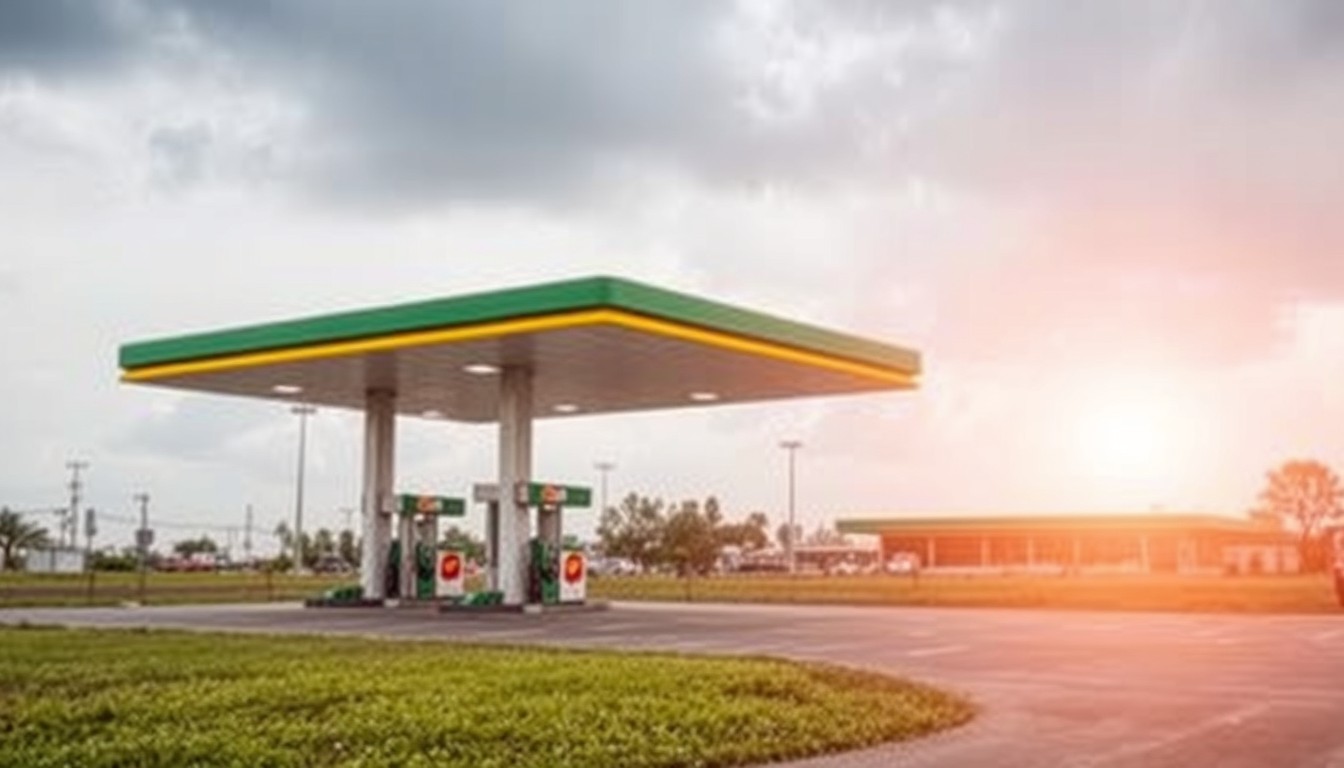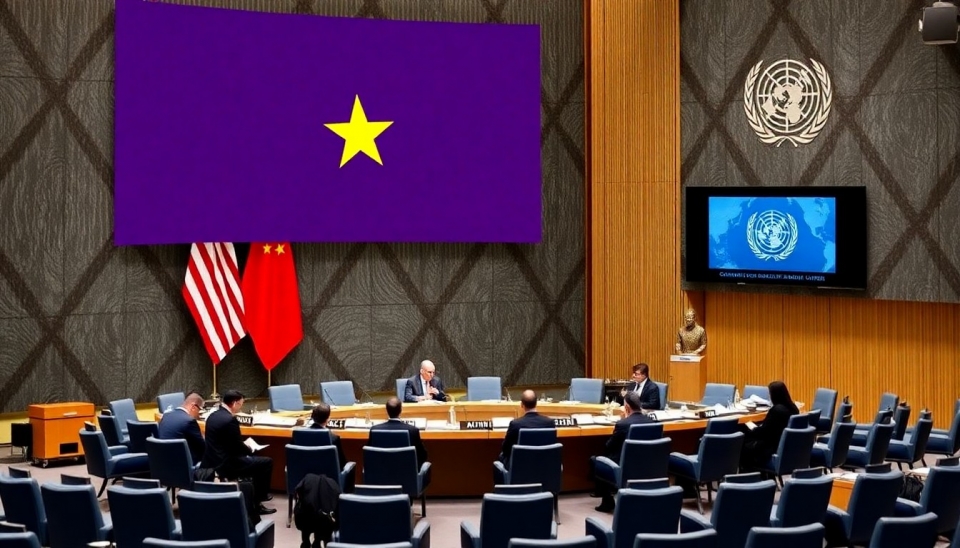NNPC's Debt is Hindering Gasoline Supply in Nigeria

The Nigerian National Petroleum Corporation (NNPC) is facing serious financial issues that are negatively impacting fuel supplies in the country. The company's debt burden has significantly increased, hampering its ability to import and distribute gasoline. Recent reports indicate that NNPC has accumulated a debt of approximately 3 trillion naira (over 7 billion USD), making it difficult to fulfill obligations to international fuel suppliers.
Fuel supply problems in Nigeria are becoming increasingly apparent. Citizens are facing continuous disruptions in gasoline supply, which adds to the existing energy crisis. The debt situation of NNPC limits its ability to purchase the necessary volumes of gasoline, leading to rising fuel prices in the domestic market.
The Nigerian government is making efforts to manage the crisis; however, without decisive actions to strengthen NNPC's financial stability and rebalance the national energy policy, the situation may only worsen. Officials report a need for attracting additional investments and reorganizing NNPC's management structure to enhance its operational efficiency.
One of the measures the government is considering is the possibility of partial privatization of NNPC, which may help attract the necessary capital investments to improve the company's financial situation. However, such reforms require careful consideration and high-level coordination.
Thus, the gasoline shortage and high fuel prices have become notable signs of a challenging situation in Nigeria's economy, where energy resources play a crucial role. The measures taken will be decisive in restoring stability to the gasoline market and meeting the needs of the country's citizens.




